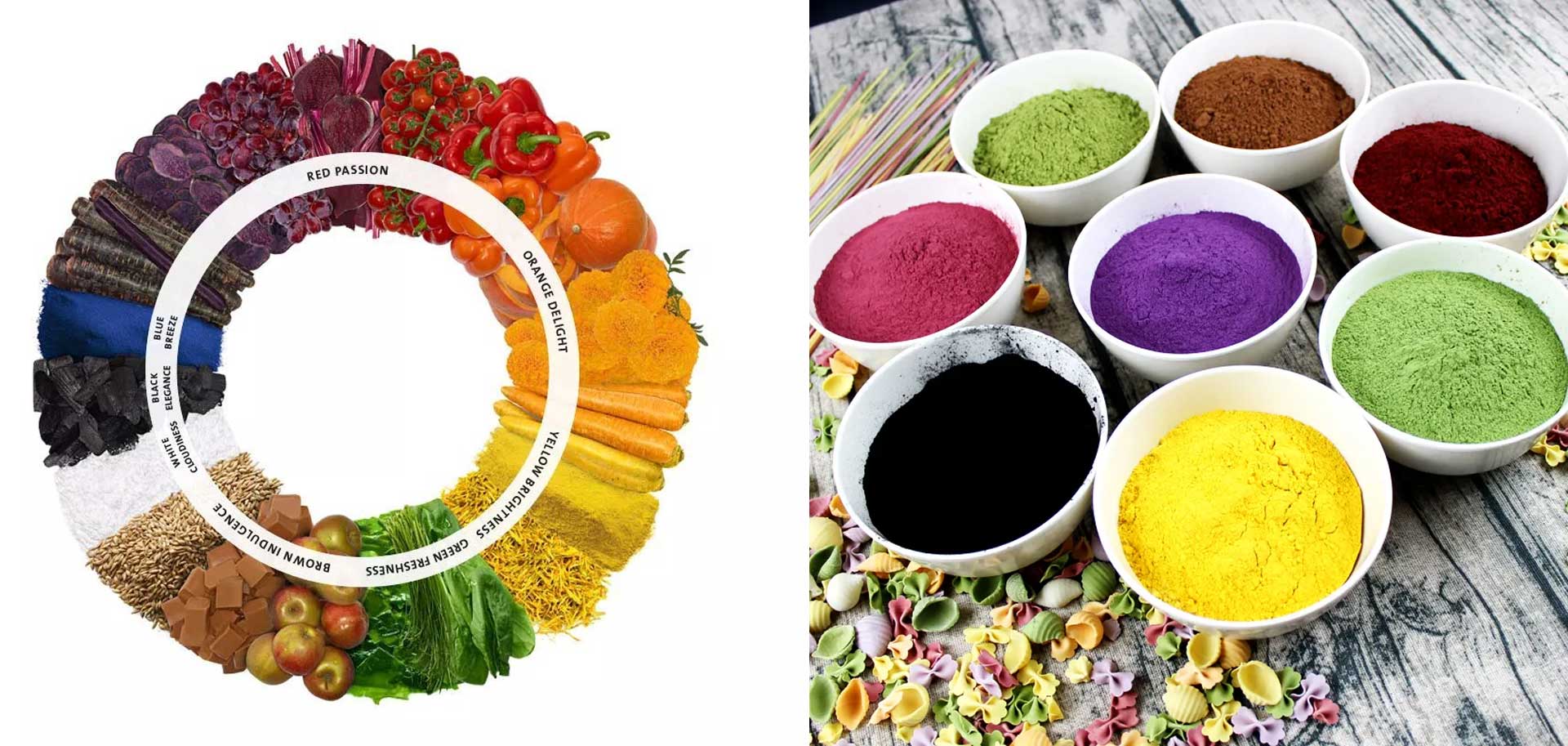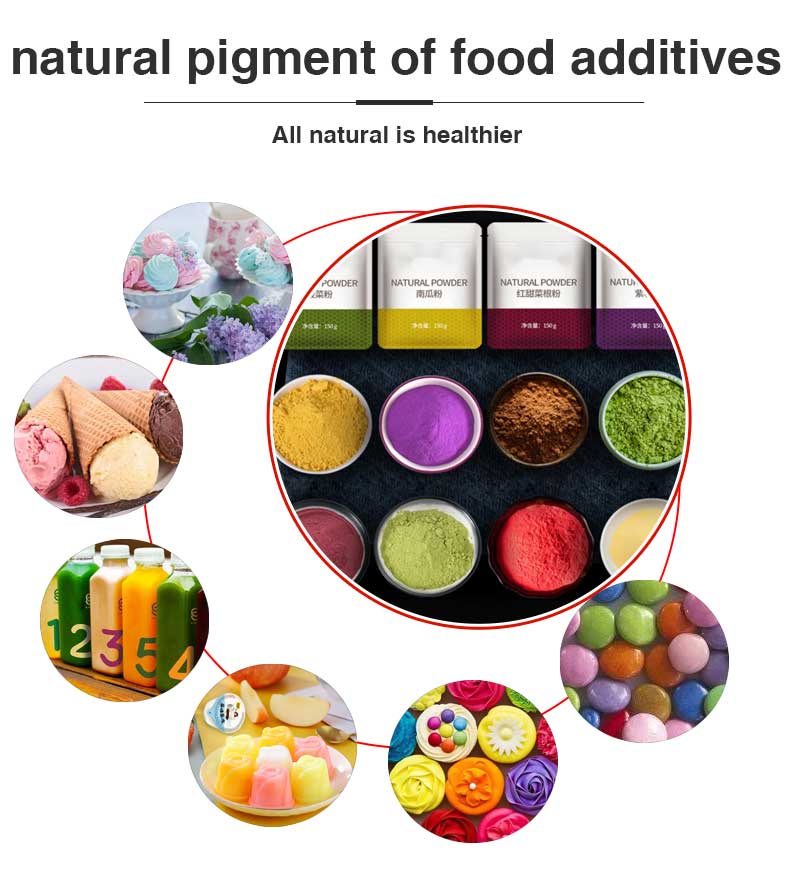Celery softening cultivation is to cultivate the soil to soften the softened celery, the petiole is soft, the smell is reduced, the texture is fine and crisp, the taste is good, and the quality is good. The key to softening cultivation of celery is to cultivate the soil at a suitable time. Premature soil cultivation is easy to rot due to high temperature. Generally, the monthly average temperature drops to about 10℃, and the plant height is about 25 cm. The soil is cultivated. Since no watering is performed after the soil is cultivated, the heavy water should be poured 3 times before the soil is cultivated to meet the water needs of the vigorous plant growth after the soil. Choose to cultivate soil when there is no water on the leaf surface in the sunny afternoon. The soil should be finely crushed, without soil impurities, or mixed with manure to avoid decay. Cultivate once every 2 to 3 days, generally 4 to 5 times. The thickness of the soil should not cover the heart leaves. Finally, The total thickness of the cultivated soil is 17-20 cm, and the total thickness of the row spacing of furrow planting can reach about 30 cm. After softening cultivation of celery, the petiole is white and tender, and the quality is improved. At the same time, soil cultivation also has the effect of preventing cold, which can appropriately delay the harvest period and increase the yield. Disclaimer: Some articles on this website are transferred from the Internet. If the legal rights of a third party are involved, please inform this website for processing. phone
Natural colorants are color components extracted from natural substances such as plants, animals and microorganisms, which can be used for coloring food, pharmaceuticals, cosmetics, textiles and other fields. Compared with synthetic colorants, natural colorants have the advantages of being non-toxic, harmless and easily degradable, and are favored by more and more people.
Natural colorants have a wide range of applications. In food, natural colorants can be used for coloring candy, beverages, pastries, ice cream and other foods. In pharmaceuticals, natural colorants can be used for coloring capsules, tablets, oral liquids and other pharmaceuticals. In cosmetics, natural colorants can be used for coloring lipstick, eye shadow, nail polish and other cosmetics. In textiles, natural colorants can be used to dye cotton, hemp, silk and other cellulose fibers and wool, silk and other protein fibers.
Natural Colorants,Natural pigments,Matcha Powder,Turmeric Powder Shaanxi Changsheng Industrial Co., Ltd. , https://www.cncsbio.com
Introduction and application of natural colorants

